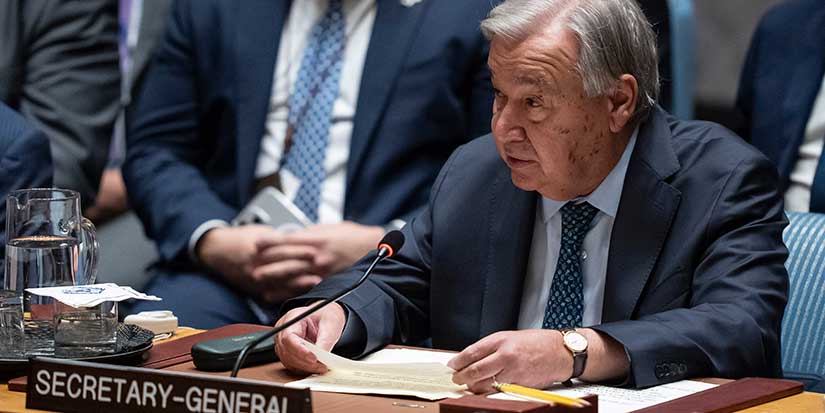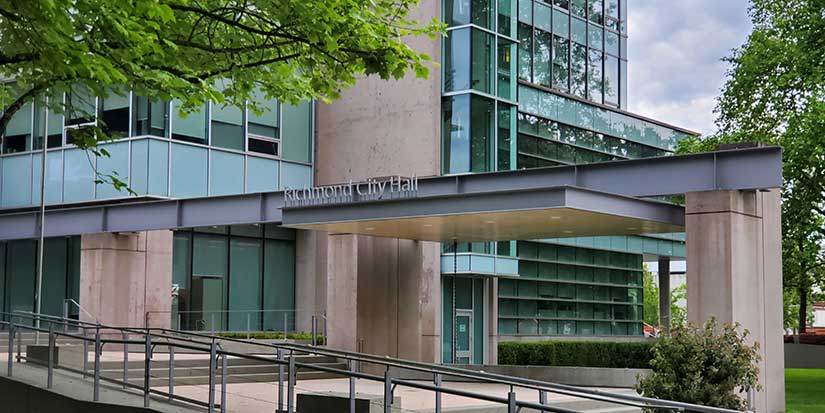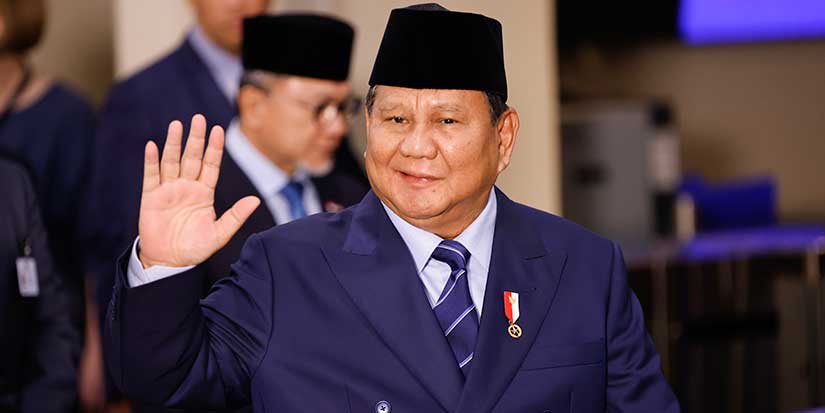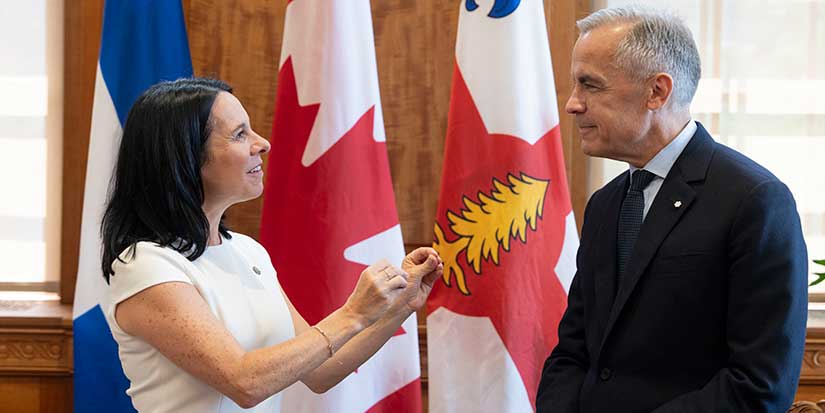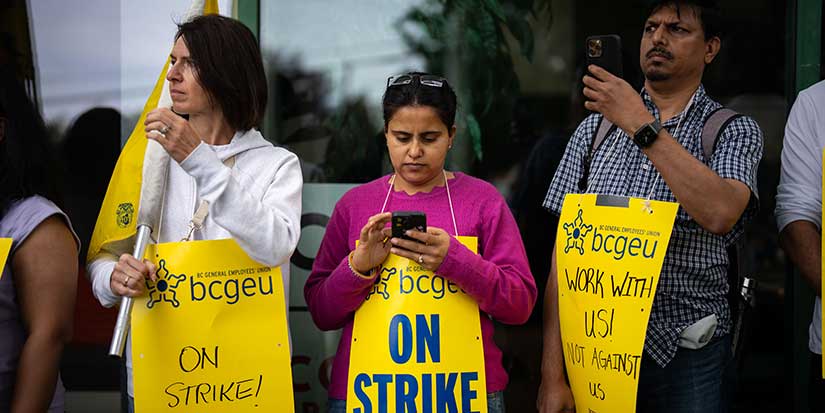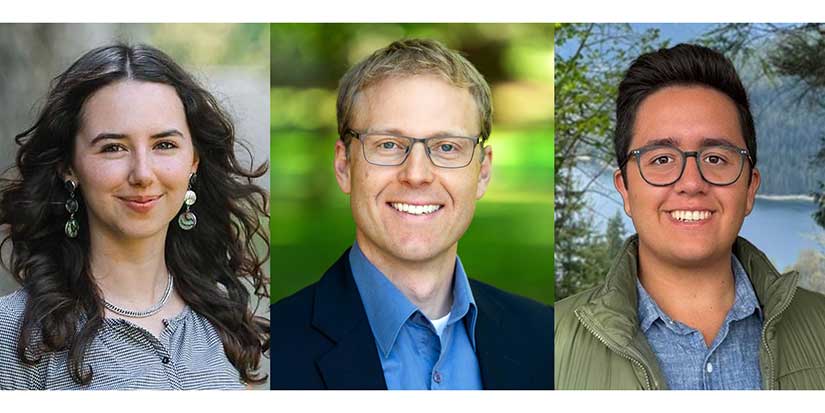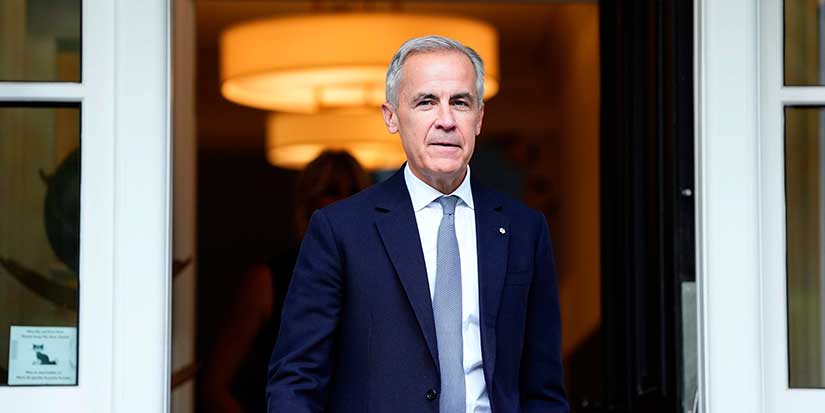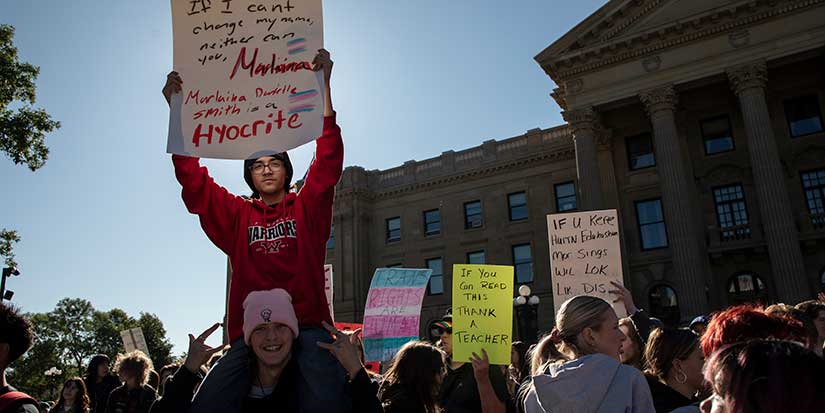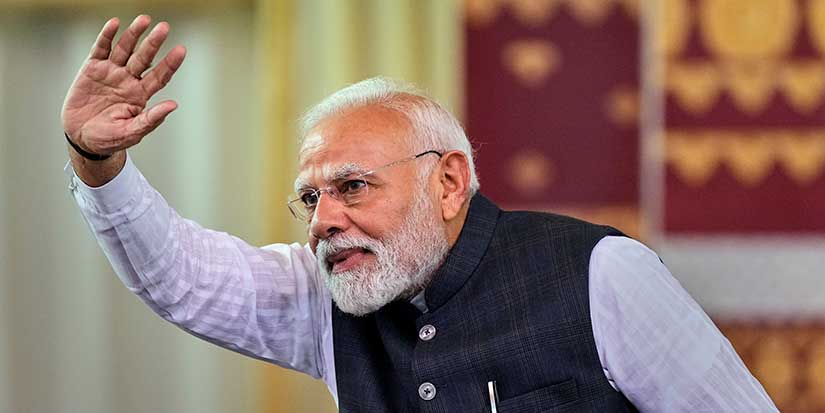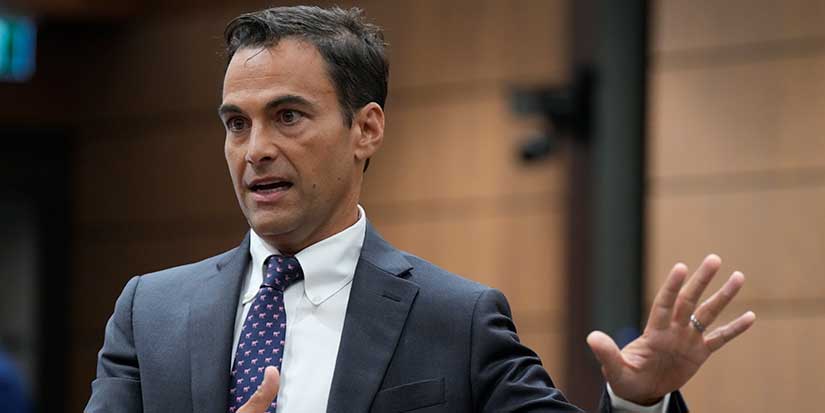International
China, world’s largest carbon polluting nation, announces new climate goal to cut emissions
Published 12:28 PDT, Wed September 24, 2025
—
UNITED NATIONS (AP) — China, the world’s largest carbon polluting nation, has announced a new climate fighting goal to cut emissions by 7 per cent to 10 per cent by 2035.
In a video address to the United Nations high-level climate summit on Wednesday, Chinese president Xi Jinping told his fellow leaders that the world’s second largest economy, which has long seen its carbon pollution soar, will finally reduce the emissions of the gases that cause global warming and extreme weather.
It came as more than 100 world leaders gathered to talk of increased urgency and the need for stronger efforts to curb the spewing of heat-trapping gases.
With major international climate negotiations in Brazil 6 1/2 weeks away, the United Nations Secretary-General Antonio Guterres convened a special leaders summit Wednesday during the General Assembly to focus on specific plans to curb emissions from coal, oil and natural gas.
Xi pledged that China would increase its wind and solar power sixfold from 2020 levels, make pollution-free vehicles mainstream and “basically establish a climate adaptive society.”
Europe then followed with a less detailed and not quite official new climate change fighting plan. Ursula von der Leyen, president of the European Commission, said their infrastructure and investment in renewable energy and the price of carbon had all increased, and their emissions are down nearly 40% since 1940.
Last week, member states agreed that their nationally determined contribution would range between 66 per cent and 72 per cent, and that they would formally submit their plan before the November negotiations, she said.
Xi and Brazil’s leader on Wednesday afternoon took thinly veiled swipes at U.S. President Donald Trump’s attacks a day earlier on renewable energy and the concept of climate change.
“While some country is acting against it, the international community should stay focused on the right direction," Xi said.
Brazilian President Luiz Inácio Lula da Silva, who is hosting the upcoming climate conference, said, "no one is safe from the effect of climate change. Walls at borders will not stop droughts or storms,” Lula said. “Nature does not bow down to bombs or warships. No country stands above another.”
“All of us may lose because denialism may actually win,” he concluded.
Guterres said, “the science demands action. The law commands it. The economics compel it. And people are calling for it.”
‘Here we must admit failure’
“Warming appears to be accelerating,” climate scientist Johan Rockstrom said in a science briefing that started the summit. “Here we must admit failure. Failure to protect peoples and nations from unmanageable impacts of human-induced climate change.”
“We’re dangerously close to triggering fundamental and irreversible change,” Rockstrom said.
Under the 2015 Paris climate accord, 195 nations are supposed to submit new more stringent five-year plans on how to curb carbon emissions from the burning of coal, oil and natural gas. Technically the deadline was in February and about 50 nations — responsible for one-quarter of the world's carbon emissions — have filed theirs, including Pakistan, Micronesia, Mongolia, Liberia and Vanuatu.
All of those nations submitted on Wednesday. UN officials said countries really need to get their plans in by the end of the month so the U.N. can calculate how much more warming Earth is on track for if nations do what they promise.
Before 2015, the world was on path for 4 degrees Celsius (7.2 degrees Fahrenheit) of warming since pre-industrial times, but now has trimmed that to 2.6 degrees Celsius (4.7 degrees Fahrenheit), Guterres said.
However, the Paris accord set a goal of limiting warming to 1.5 degrees Celsius (2.7 degrees Fahrenheit) since the mid 19th century and the world has already warmed about 1.3 degrees Celsius (2.3 degrees Fahrenheit) since.
Other nations weigh in
Kenyan President William Ruto said Wednesday that climate change was both the single greatest threat and development opportunity facing Africa, with the right action making the difference between survival and devastation.
This week, Brazil's president also announced the launch of the Tropical Forest Forever Facility (TFFF), a billion dollar program aimed at compensating countries for keeping forests standing.
José Raúl Mulino Quintero, the president of Panama, said that although his country is already one of the few that emits less carbon than it absorbs with its forests, he promised they would reduce their carbon emissions further by 2035.
“We believe one can always take another step for sustainability for future generations,” Quintero said. He said Panama would restore almost 250,000 acres (100,000 hectares) of critical ecosystems including mangroves and watersheds, “because nature is our first line of defense against climate change.”
———
– Seth Borenstein and Melina Walling, The Associated Press
The Associated Press’ climate and environmental coverage receives financial support from multiple private foundations. AP is solely responsible for all content. Find AP’s standards for working with philanthropies, a list of supporters and funded coverage areas at AP.org
